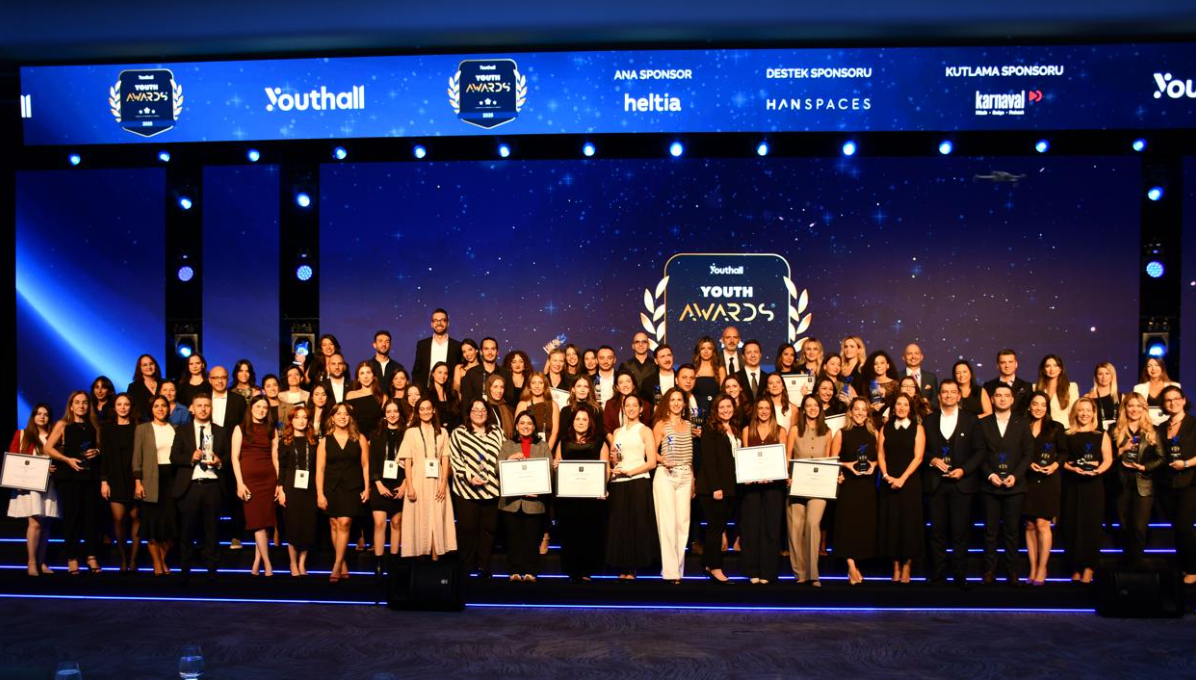How Workplaces Can Benefit from Pandemic Trends in Hiring

COVID-19 has changed how businesses operate and people work. Following the traditional 40-hour work week at the office may be a thing of the past. To thrive in this new normal, it’s critical that hiring managers adapt their strategies when it comes to onboarding new employees.
The importance of company culture has already been growing, but the strain on employees’ mental health due to the pandemic brought it into the spotlight even more. And while the workforce, for the most part, had no choice but to shift to a remote model, more businesses began to realize the benefits of hiring a diverse, non-local or hybrid team.
So, how can HR teams adapt to new ways of working and benefit from pandemic trends in hiring? We’ve put together an explanation with some viable solutions.
How the Pandemic Changed Work
The Demand for Flexible Working Agreements
Working during lockdowns and travel restrictions meant new strategies needed to be quickly implemented for businesses to continue operating. Almost overnight, many companies had to adopt hybrid and remote working models.
Having shown that they’re more than capable of doing their jobs outside the office, many employees want more workplace flexibility in the future. According to research published by Microsoft in 2021, 73% of employees would like flexible remote work options to remain in place.
As shown above, most leaders say that their companies are redesigning office spaces to fit these changing demands. To attract the best employees, hiring managers must treat flexible working agreements as a given, rather than a perk.
Increased Focus on Mental Health
COVID-19 created many challenges for employees’ and managers’ mental health. Government restrictions meant that people needed to work in isolation, with only virtual communications to keep them connected.
- The pandemic also forced companies to make decisions related to:
- Work-life balance
- Offering mental health support
- Nurturing a sense of belonging
After the pandemic, hiring managers will have to keep in mind all of the lessons they learned to protect mental well-being.
Fine Tuning Company Cultures
The workplace is no longer a place where employees show up, complete their work schedules, and get paid. Companies are looking to onboard talent to fit their like-minded company culture and potential employees want to be invested in the outcome and success of the business. Company culture is becoming an essential consideration.
Many of the world’s most successful companies succeed because they have a well-defined company culture. Apple and Google are great examples.
In a post-COVID world, it’s essential that HR teams define the goals and values that drive the organization in order to attract suitable candidates.
How HR Teams Need to Adapt Their Hiring Strategy Post-Pandemic
Think Outside the Local Area
The internet has expanded hiring outside local areas. Hiring managers are no longer restricted to a local pool of available talent, and employees can enjoy a fulfilling career from a location that suits them.
HR teams need to think outside of their local area when choosing candidates. This can be challenging, however, leading to a large influx of resumes and difficulty managing the onboarding. To make this process more manageable, HR teams can incorporate technology that delivers a streamlined and efficient hiring process.
Consider Diversity and Good Cultural Fits, Not Just Skills
While new hires must be capable of fulfilling their responsibilities, making sure their values and ambitions are aligned with the organization is equally important. A team is as capable as its members.
To create an innovative and inclusive workplace culture, hiring from different backgrounds is a necessity. Some of the benefits businesses enjoy as a result of diversity include:
- Creative solutions for problems
- An open-minded mentality among employees
- A culture of empathy, which can improve customer service
By keeping in mind how employees will contribute culturally, and not just how well they do their jobs, hiring managers can help to build and maintain a productive, innovative, and harmonic workplace.
Look Beyond University Degrees
Although university degrees are important, for some jobs they are not a requirement. Doors are opening for educated candidates without a degree, and many of those openings are in remote work. According to research by LinkedIn, those with a bachelor’s degree or lower are more likely to apply for remote role openings. The same research also revealed that women were more likely to apply for remote work than men.
For many positions, hiring managers can strike a balance between formal educational qualifications and alternative education and experience to find the right candidates.
Look at Internal Possibilities
In some cases, employees leave a company because of limited opportunities for upward mobility. To increase employee retention rates, hiring managers need to consider hiring from within the company to provide opportunities to existing employees looking to advance or for a career change.
Employers can create a personal profile for each team member to determine who has the most potential. It’s also helpful to ask employees about their plans and ambitions. Hiring from within can motivate team members to do their best work to achieve the recognition and promotions they’re looking for.
Final Thoughts on the Pandemic’s Impact on Hiring
COVID-19 was a world-altering crisis, and its impact is visible in the way companies now operate. Employees were already interested in more flexible working agreements; the pandemic only sped up the demand.
To meet these changes, businesses must think about various factors, including improving their company culture to attract the kind of people they want to hire. If they get this right, they’ll find themselves poised for long-term success.
If you found this article interesting, please share it on social media.





